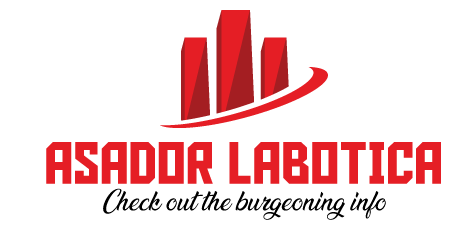
A look into vegan lifestyle and its benefits, and it’s rise in recent times
The vegan diet is a type of diet in which one eats no animal products, such as meat, eggs, dairy, and honey. The word vegan is from the Latin word “veganus,” meaning “to live.” In this sense it means that a vegan lifestyle means living without killing animals. There are many reasons to adopt a vegan lifestyle. Some people do it because they care about animals and want to protect them from suffering. Others may be concerned about the environmental impact of producing meat products or the health implications of consuming animal fats and cholesterol.
A vegan is a person who does not eat or use animal products, such as meat, eggs and dairy. Vegans may be motivated by either the ethics of veganism, environmentalism or animal rights activism. Veganism is defined as a type of vegetarian diet that excludes all animal foods, including red meat, chicken and fish. Vegans do not consume any food that has been derived from an animal source such as eggs seafood and any product such as honey that has been produced by bees.

- Veganism and weight loss
Vegan diets tend to be lower in calories and fat than other traditional diets, but this does not mean that vegans cannot lose weight. In fact, vegan diets provide a sound balance of proteins, carbohydrates, and fats that vegans need for good health. This makes it possible for many people to lose weight on such a diet.
- Veganism and heart health
The emphasis in a vegan diet on fruits, vegetables, and whole grains means that it is high in fibre and low in saturated fats and cholesterol. This can help to reduce blood cholesterol levels and cut the risk of coronary heart disease. Additionally, the high fibre content helps people to have a feeling of fullness, which can help with weight loss goals. The diet can also help with lowering triglycerides or bad cholesterol levels. Vegan diets may also be effective in preventing certain cancers such as colon cancer.
A vegan diet consists entirely or primarily of plant-based foods, unlike vegetarianism (which does not include the consumption of eggs and dairy), veganism covers issues like egg and dairy consumption and a significant amount of people have seen benefits by transitioning to veganism.













